Israeli delegation to fly to Bahrain to sign cooperation document
An Israeli official says a delegation will fly to Bahrain to sign a document on the establishment of full diplomatic ties and the opening of embassies, expanding on a US-brokered normalization agreement inked last month.
“From tomorrow there will be full diplomatic relations between Israel and Bahrain after the joint declaration,” the official said on Saturday night.
The Israeli delegation, led by security adviser Meir Ben-Shabbat and foreign ministry director general Alon Ushpiz, is expected to take the first-ever commercial non-stop flight from the occupied territories to Bahrain.
US Treasury Secretary Steven Mnuchin, along with US Ambassador to Israel David Friedman and Middle East envoy Avi Berkowitz, will also land in Israel’s Ben Gurion airport, from where they will join the Israeli team during the trip.
A ceremony will be held at the airport in Manama when the plane carrying the Israeli and American delegations lands.
It will be followed by another ceremony, with the Israeli delegation and Bahraini officials signing a "joint communiqué (that) is the establishment of full diplomatic relations," the unnamed Israel official said.
“The aim of the communiqué is to start implementing the declaration which was signed in Washington, put more meat into it, make it more detailed and define the principles of the relations,” he told the Israeli Walla news site. “It will be the umbrella for all bilateral agreements to be signed in the next several months.”
The communiqué will further require both sides to not engage in any hostile actions against each other and act to prevent such actions on their territories by third parties.
It will also highlight the areas of intended cooperation between Tel Aviv and Manama, including investment, civil aviation, tourism, trade, science and technology, the environment, communications, health, agriculture, water, energy and legal affairs.
UAE delegation to visit Israel
Separately on Tuesday, the first official delegation to Israel from the United Arab Emirates (UAE) will land in the occupied lands.
It may, however, remain at the Ben Gurion airport due to coronavirus precautions and fly home the same day, media reports said.
“Right now it looks kind of ‘touch and go.’ It’s possible that the meetings will be at the airport or close to it,” Israeli science and technology minister Izhar Shay told Tel Aviv radio station 102 FM.
Officials have said the Emirati delegation will involve eight or nine groups working on various areas of cooperation with Israel.
‘Netanyahu to visit UAE, Bahrain’
Arabi 24 news website reported that Israeli prime minister Benjamin Netanyahu will for the first time travel to the UAE and Bahrain next week.
Citing a source, the report said the trip is in line with normalization efforts between the Israeli regime and the two Persian Gulf Arab kingdoms.
In mid-September, US President Donald Trump presided over the signing of the normalization pacts between Tel Aviv, Abu Dhabi and Manama. During a ceremony at the White House, Trump said “five or six” other countries were close to making similar agreements with Israel, but did not name them.
The Palestinians have condemned the normalization deals as a treacherous "stab in the back" of their cause against the Israeli occupation.
Reports say Sudan and Oman could be next in line to normalize with Israel. Saudi Arabia has yet to comment officially on any plans to forge formal ties with the occupying entity.
Saudi Arabia stresses ‘eventual normalization’ with Israel
On Thursday, Saudi Foreign Minister Prince Faisal bin Farhan Al Saud said his country believes in “eventual normalization” with Israel.
Speaking at a virtual meeting of the Washington Institute for Near East Policy, he underlined the need for an agreement between the Palestinians and the Israelis.
“If we don’t manage to achieve that, we will continue to have that festering wound in the region,” he added. “Peace, we see, is a strategic necessity for the region. Part of that is an eventual normalization with Israel, as envisioned in the Arab peace plan.”
The top Saudi diplomat continued, “So, we have always envisioned that a normalization would happen, but we also need to have a Palestinian state and we need to have a Palestinian and Israeli peace plan.”
Hamas thanks Iran, Resistance Front following achievement of ceasefire in Gaza
'Capitulation': Israeli officials and media concede Gaza defeat as truce unfolds
'Gaza has won': Social media users react to ceasefire with mix of relief, joy
Iran seeks South Korea’s assistance for AI, fiber-optic projects
VIDEO | Iran's 'Eqtedar' (Power) maneuver
Israel hits HTS military target in Syria for 1st time since fall of Assad
VIDEO | Press TV's news headlines
Israel has slaughtered 13,000 students in Gaza, West Bank




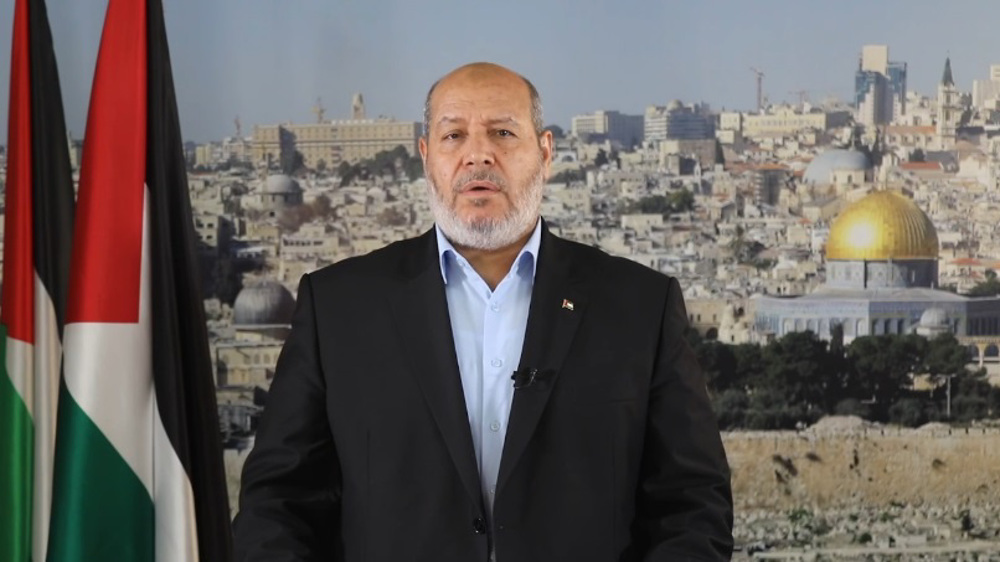
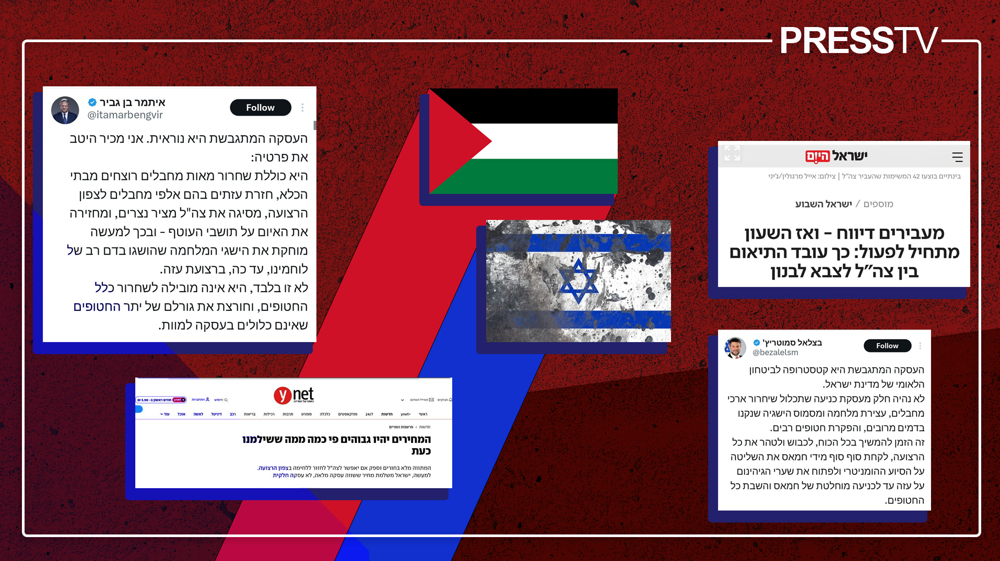
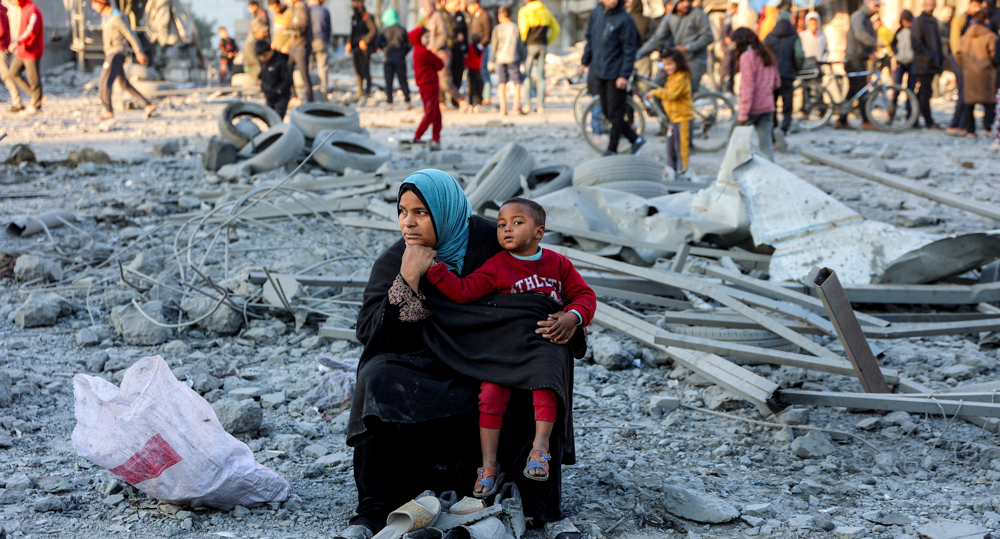






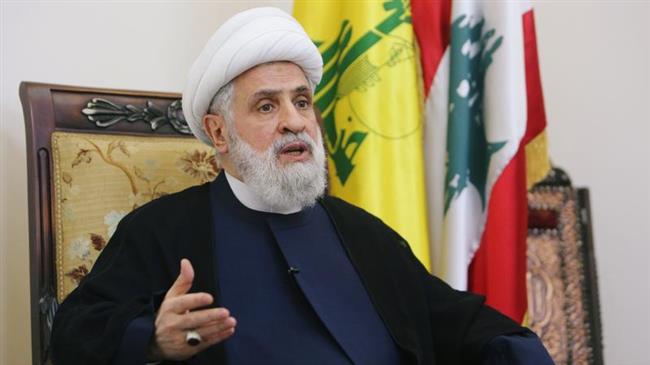
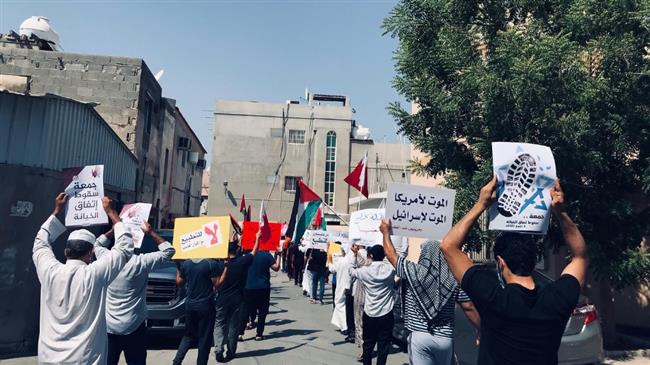
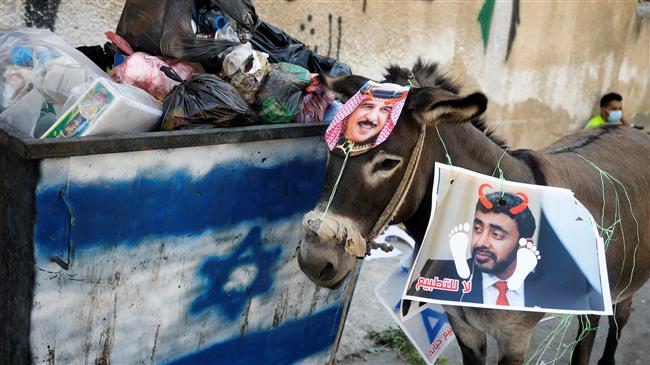
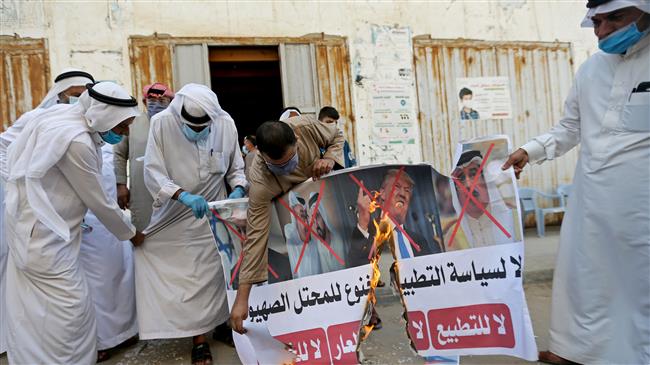

 This makes it easy to access the Press TV website
This makes it easy to access the Press TV website